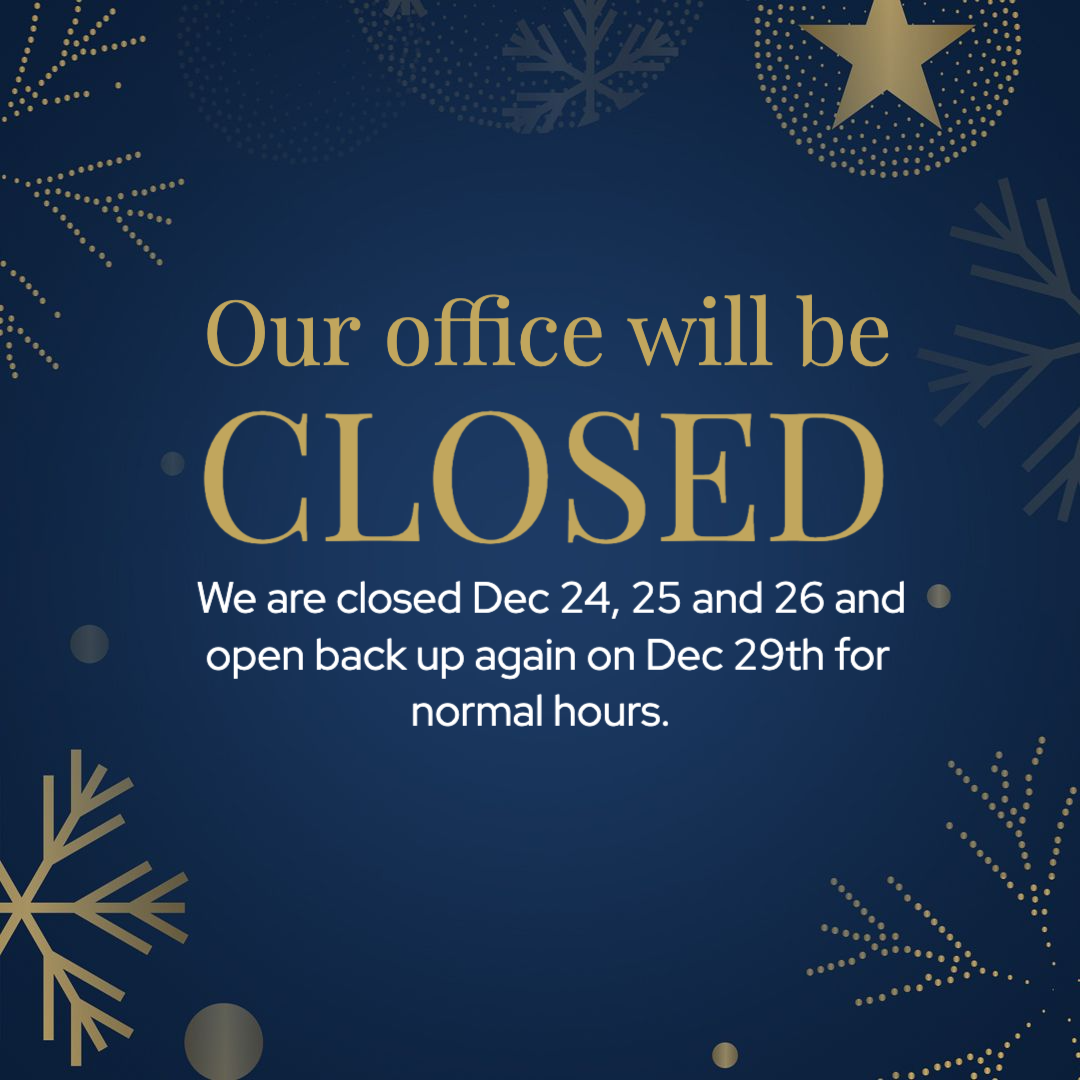
Scheduling an eye exam as early as possible will give your child a good start in life. Your child’s eyesight is constantly working in the classroom, on the field, at home, and everywhere they go. With reading, writing, using the computer, and seeing the classroom board, good vision is essential for learning.
An eye exam will determine whether your child has good vision. Find out at what age a child should have their first eye exam.
Scheduling a Comprehensive Eye Exam
Eye exams are vital for early detection of eye issues. Comprehensive eye exams are not just to determine whether your child needs eyeglasses; they are preventative. They help to check overall eye health.
Having your child’s eyes checked can keep minor issues from becoming severe and more difficult to treat. Pediatricians often perform eye checks soon after birth, but these exams are limited to external aspects and ocular alignment.
Why Children Need Regular Eye Exams
Do not wait until your child complains of vision issues before taking them to the eye doctor. Pediatric eye exams are largely preventative. They can help to prevent the development of eye diseases later in life.
Eye exams can detect a wide range of vision issues and other eye conditions. Myopia is the most common vision problem among children. Studies suggest that approximately 40% of children in the US have myopia. Without intervention, myopia can progress, causing long-term vision complications.
What Age Should a Child Have an Eye Exam
Eye specialists recommend scheduling the first comprehensive eye exam before a child turns one. The next exam should be before the child begins preschool. Children need early eye exams even without obvious eye problems.
Eye exams are more vital for children with a family history of vision or major eye problems. Your child’s pediatrician may detect an eye issue that requires further examination. It is necessary to know that your child may have a vision problem even without obvious symptoms.
Preventing Serious Eye Conditions
Early eye exams can help to prevent severe eye conditions or abnormalities that can cause vision loss. If caught early, many problems can be treated successfully or reversed. Lazy eye and crossed eyes are common conditions that affect children.
The conditions usually respond well to treatment, which may include an eye patch, eyeglasses, or eyedrops. Do not wait for school to start before getting your child’s eyes checked. There is a difference between eye exams and school vision screenings.
Trust Your Instincts
As a parent, it is important to trust your instincts when it comes to your child’s eye health. If you notice signs of vision difficulties, do not hesitate to visit a pediatric eye specialist. Discuss the symptoms you are concerned about and get a second opinion where necessary.
Actions such as excessive blinking, rubbing the eyes, and squinting can signify a vision problem. Consider your family’s eye health history and start early monitoring.
Pediatric ophthalmologists specialize in detecting and treating eye problems in children. They have the expertise and equipment to treat children, even before they learn to identify letters and numbers. The vision may change frequently as the child grows. Getting regular exams will help to monitor the changes.
For more on the age at which a child should have their first eye exam, visit Seen Modern Eye Care & Eyewear. Our office is in Ridgefield, Washington. Call (360) 887-7336 to book an appointment today.








